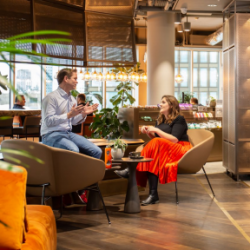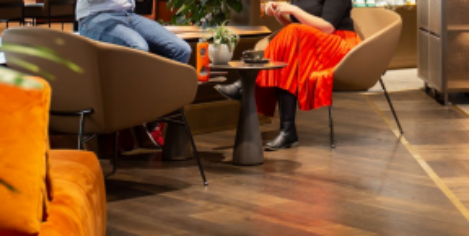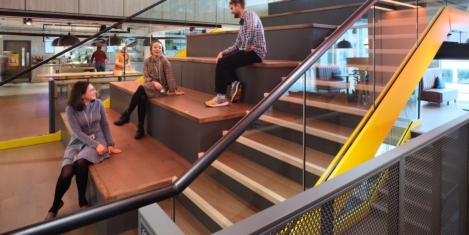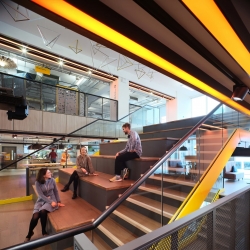May 12, 2022
Flexible working is the new hybrid working, apparently
 Flexible working is the new hybrid working as a third of European workers would decline a job if flexible hours were not offered. That is the key claim of a new report from Owl Labs, a collaborative technology company. The annual State of Hybrid Work study polled 10,000 full-time employees across UK, Germany, France, Netherlands and Scandinavia – which suggests that flexibility is key to retaining top talent in 2022 and beyond. Over a third (37 percent) of European employees are prepared to decline a job if flexible hours are not offered and just over two thirds (69 percent) would accept a pay cut to have flexible hours. (more…)
Flexible working is the new hybrid working as a third of European workers would decline a job if flexible hours were not offered. That is the key claim of a new report from Owl Labs, a collaborative technology company. The annual State of Hybrid Work study polled 10,000 full-time employees across UK, Germany, France, Netherlands and Scandinavia – which suggests that flexibility is key to retaining top talent in 2022 and beyond. Over a third (37 percent) of European employees are prepared to decline a job if flexible hours are not offered and just over two thirds (69 percent) would accept a pay cut to have flexible hours. (more…)























 Six workplaces across the North of England and Northern Ireland have been recognised at the annual British Council for Offices (BCO) Regional Awards today. The Northern BCO Awards dinner returned in-person to the Kimpton Clocktower in Manchester, recognising the North’s highest quality developments and setting the standard for excellence in the office sector across the UK.
Six workplaces across the North of England and Northern Ireland have been recognised at the annual British Council for Offices (BCO) Regional Awards today. The Northern BCO Awards dinner returned in-person to the Kimpton Clocktower in Manchester, recognising the North’s highest quality developments and setting the standard for excellence in the office sector across the UK. 









May 12, 2022
From commuting to computers, finding balance in the hybrid workplace
by Anni Hallila • Comment, Flexible working, Wellbeing